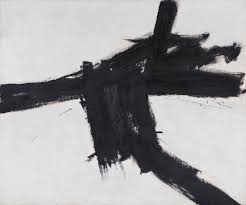 |
| "Ford Strikers Riot" 1941 Milton Brooks |
Pulitzer prize-winning photo #1
In April of 1941, a worker was fired from the Ford Motor plant in Detroit, MI. A few days later, tensions had built among the employees, and picketers walked the street encouraging other workers to leave and inciting the first strike in the history of Ford Motors. One plant employee attempted to push past the picketers and into the building (against the advice of the State Police and Ford Service men), and his confrontation with the picketers became heated. Within a matter of minutes, the “time man” and the picketers were fighting, the man attempting to cover his head and face with his coat. The man was injured, dazed, and taken to the plant hospital for treatment.
Unbeknownst to most, press photographer Milton E. Brooks with the Detroit News was in the crowd. Known as “One Shot Milton,” he worked with a difficult type of camera that took one photo every six or seven seconds, and the timing of his shots was known to be impeccable. While other photographers were focused on other areas of the picket line, Brooks waited to see how the altercation would go between the picketers and the man trying to enter. When the scene became physical, Brooks pulled the camera from his jacket, snapped the photo, quickly hid the camera again, and moved away into the crowd. He was afraid someone would damage or steal his camera to prevent the photo from being published. After its publication, the photo “Ford Strikers Riot” won Milton Brooks the first Pulitzer Prize in photography in 1942. (http://gohighbrow.com/ford-strikers-riot/)
Students do a daily "Bell Work" activity analyzing a significant or historical photo. They must make written comments about the composition, contrast, focus, balance, framing and statements each photo is making. This is our daily warm up exercise.
We also watched several a video on YouTube about the Pulitzer Prize for Photography and those photographers who took the most iconic photos of their time. As a "stretch it" exercise we looked at a painting by Franz Kline that has visual correlations in contrast and shape composition.
 |
Franz Kline American painter |
No comments:
Post a Comment